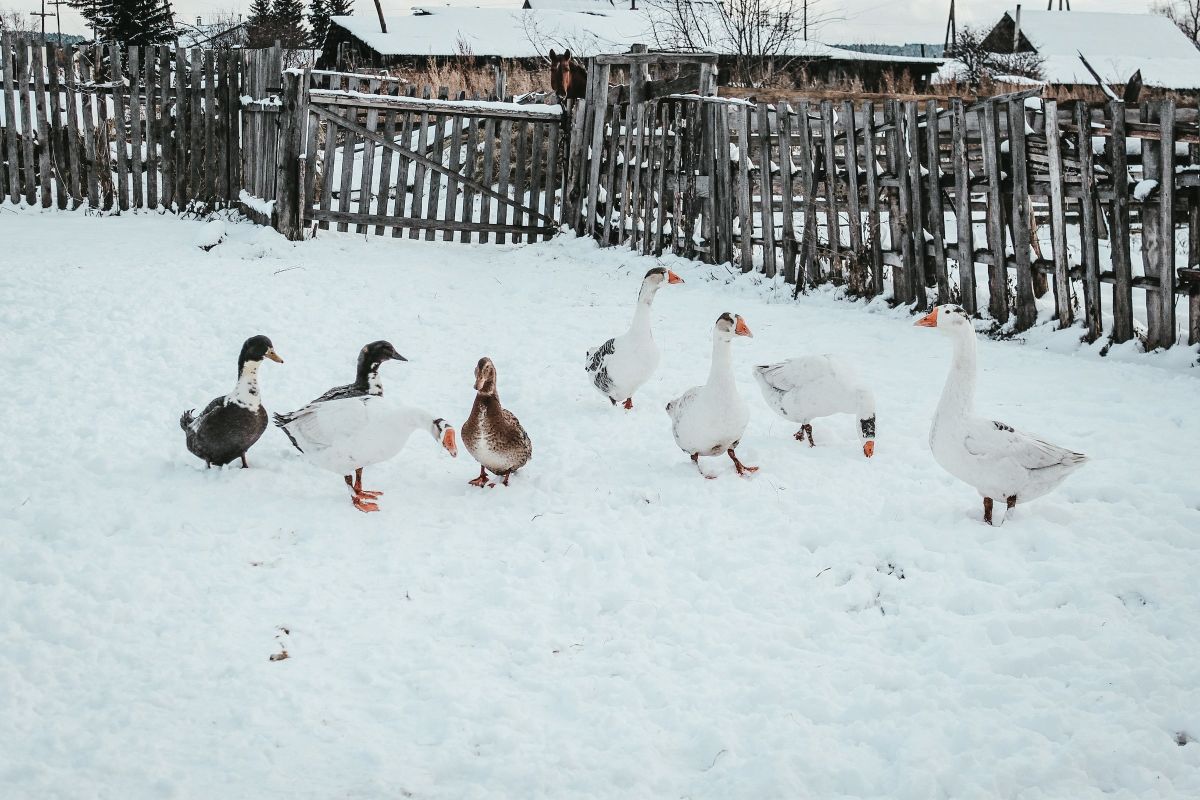12 Days of Christmas: Six Geese-a-Eaten

Through the analysis of polar bear poop, ecologists have found that polar bears are eating fewer snow geese and their eggs.
During the winter months, polar bears hunt seals on the vast sea ice, fattening up on the plentiful marine bounty. In May, when the sun comes out and melts this ice, the polar bears are forced onto land. Over the summer, the bears must preserve their energy stores to survive the long six months until the next freeze.
Climate Change
In 2021, the average global surface temperature was 0.82oC warmer than in the 20th century. With summer temperatures increasing every year, larger ice areas are breaking up, pushing the polar bears deeper into human habitats.
Polar bears currently migrate onto land three weeks earlier than they did in the 1980s, meaning they must survive longer with limited food resources.
Special menu items
Currently, only female and cub polar bears have been observed chasing geese, an activity which can require more energy than is gained from such a small portion. This indicates the energy cost is not worth it for larger male bears who can successfully take down caribou, a type of reindeer.
As polar bears are forced to live off the land for a larger proportion of the year, the pressure on these food supplies increases. In the near future, we may see male polar bears forced to compete for geese.
Protecting polar bear habitats
Sea ice loss from climate change has led polar bears to be classed as a vulnerable species. The most significant population loss has been found in the Hudson Bay area of Canada, where 60% of polar bears live.
Increased commercial activities and conflicts with people have also contributed to the loss of polar bears from this region. Specific tourism activities venture out into the remote habitat to ‘see the polar bears’ on snow buggies.
Protecting the polar bear’s natural habitat on sea ice and land can only truly be achieved by combating climate change.







